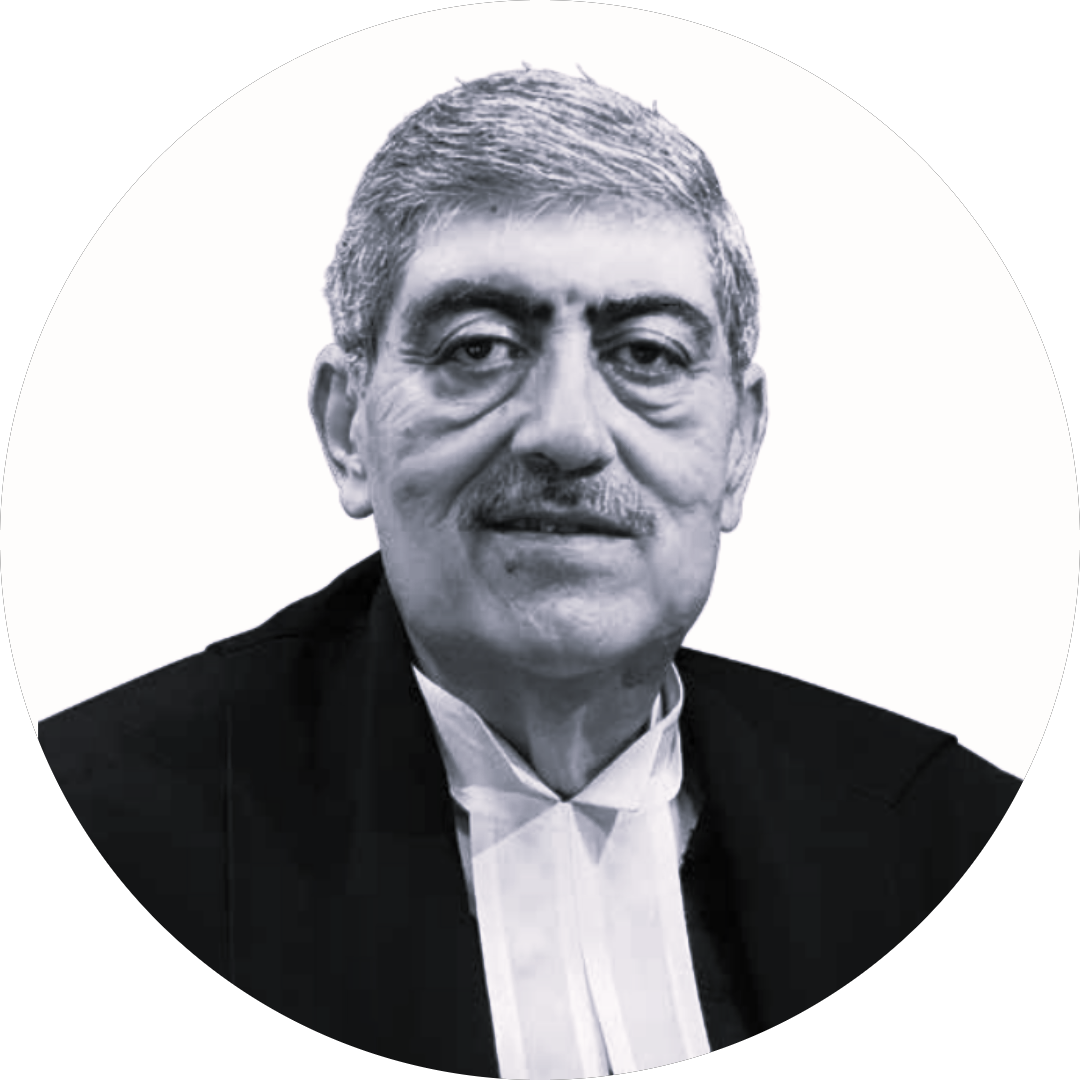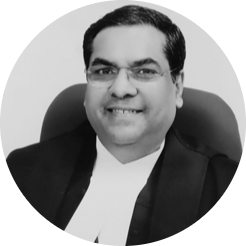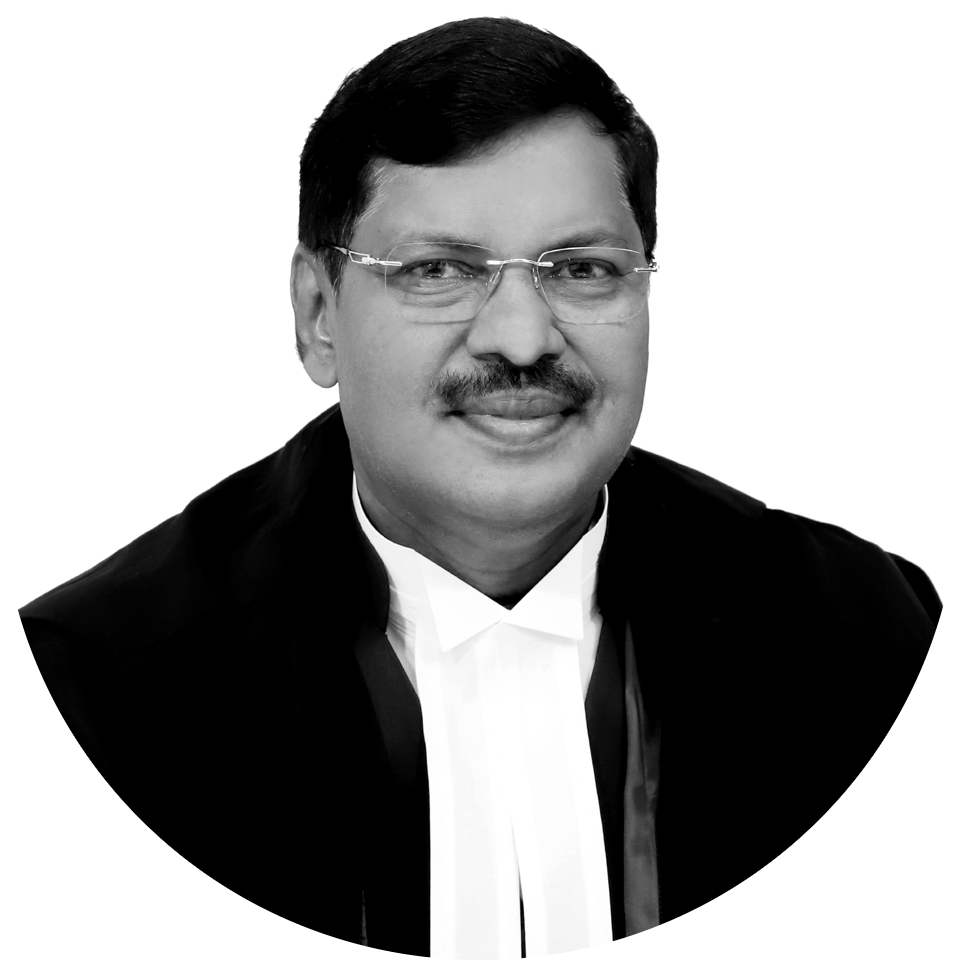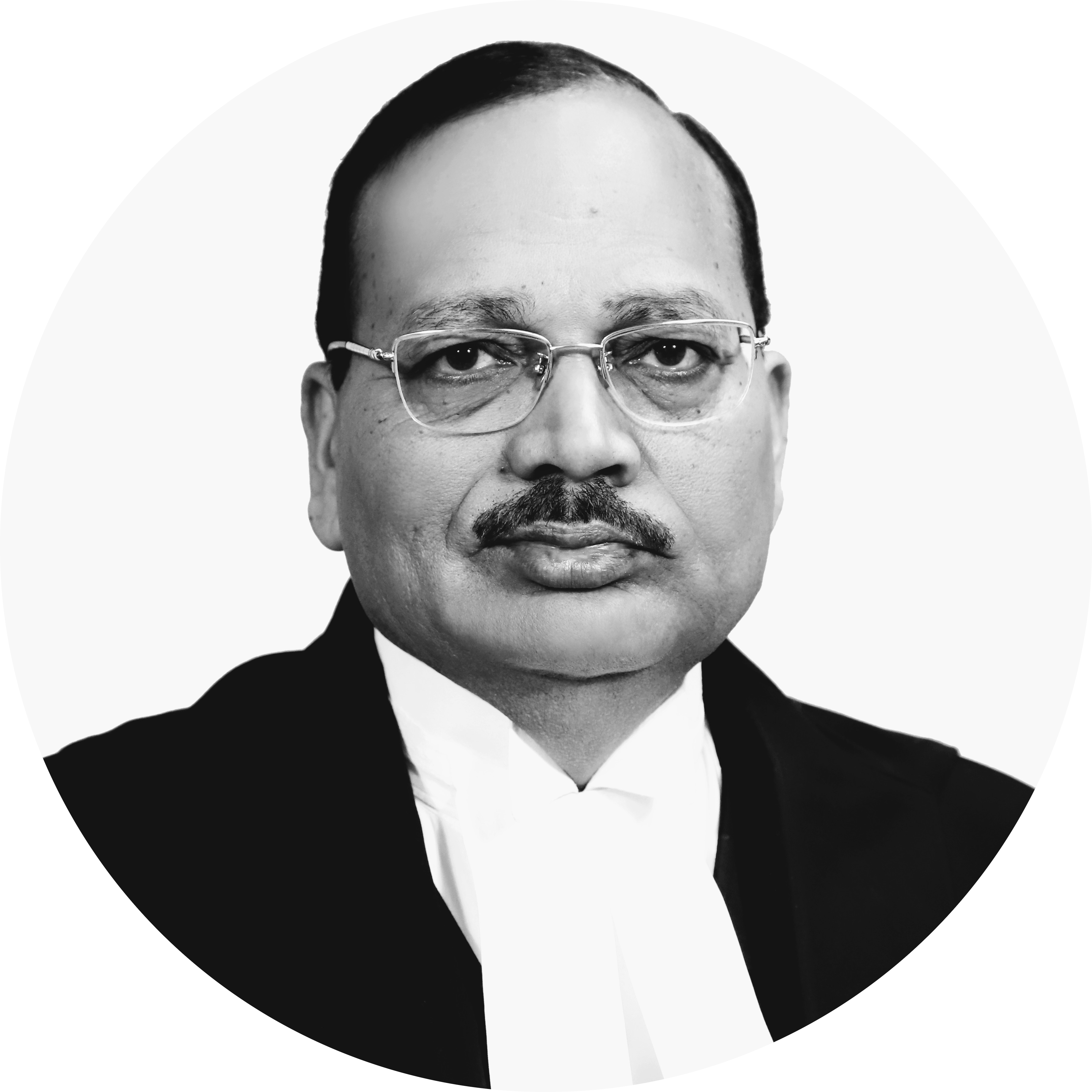Challenge to the Abrogation of Article 370
In Re: Article 370 of the Constitution
Citation: 2023 INSC 1058
The Supreme Court upheld the constitutionality of the Union's abrogation of Article 370 which removed the special status granted to Jammu and Kashmir
Decided
Parties
Petitioner: Manohar Lal Sharma; We the Citizens; Dr. Charu Wali Khanna; Mohammed Akbar Lone; Hasnain Masoodi; Shakir Shabir; Anuradha Bhasin
Lawyers: Raju Ramachandran; Gopal Sankaranarayanan; M.L. Sharma; Shakir Shabir;
Respondent: Union of India
Lawyers: Attorney General K.K. Venugopal
Case Details
Case Number: WP (C) 1013/2019
Next Hearing:
Last Updated: June 5, 2024
TAGS: Article 370, Equality, Federalism, Kashmir, Liberty, Right to Life
Key Issues
Is Article 370 a temporary provision of the Constitution of India?
Can Article 367 be used to amend the meaning of “Constituent Assembly” to mean “Legislative Assembly?”
Can the President strike down Article 370 without the recommendation of the Constituent Assembly of Jammu and Kashmir?
Is the Jammu and Kashmir Reorganisation Act, 2019 which bifurcated J&K into two Union Territories constitutionally valid?
Case Description
On August 5th and 6th, 2019, over the course of two days, the Union government repealed Article 370, revoking Jammu and Kashmir’s special status.
What is Article 370?
Article 370 was the result of the Instrument of Accession, signed by the erstwhile ruler of Jammu and Kashmir, Maharaja Hari Singh in 1947. Through this instrument, Singh acceded the State to India but limited India’s power to legislate for the State to matters of defence, external affairs and communication. Article 370 consisted of all the conditions specified in this Instrument of Accession. Its purpose was to allow Jammu and Kashmir to transition from an independent princely state to a democratic state under the ‘Dominion of India’.
Through Article 370 of the Constitution of India, Jammu and Kashmir was granted a special constitutional status that set it apart from any other state of India. The provision substantially limited Parliament’s power to legislate for the State and effectively vested the greater power to the Jammu and Kashmir state legislature. The provision acted as a means to ensure that the people of Jammu and Kashmir would have complete say in their sovereignty, and all laws that applied to them came into force with their consent.
This provision had three main ingredients. First, India would not make laws in Jammu and Kashmir except for three subjects included in the Instrument of Accession. The Parliament could make laws beyond them only with the ‘concurrence of the Jammu and Kashmir Constituent Assembly’.
Second, no provisions of the Indian Constitution would be applicable to Jammu and Kashmir except for Article 1, which declared India as a ‘Union of States, and Article 370. The President of India could apply provisions of the Indian Constitution in Jammu and Kashmir through an executive order—this would insulate the Constitution of Jammu and Kashmir from the influences of the Parliament of India.
Third, according to Article 370(3), the special status of Jammu and Kashmir could not be amended or repealed, unless the Constituent Assembly of Jammu & Kashmir recommended it.
Presidential Orders of 2019
On August 5th, 2019, President Ram Nath Kovind issued a presidential order (C.O. 272) amending Article 367 of the Constitution which explains how the Constitution should be interpreted. The amendment made it such that the reference to the ‘Constituent Assembly’ in Article 370(3) became a reference to the ‘Legislative Assembly’. Initially, Article 370 could only be amended by the recommendation of the Jammu and Kashmir ‘Constituent Assembly’.
C.O. 272 allowed the Union to amend Article 370 without the recommendation of the Constituent Assembly. Since Jammu and Kashmir was under President’s Rule at the time, the powers of the Jammu and Kashmir Legislative Assembly were vested in the Union Parliament. So, a few hours after C.O. 272 was issued, the Rajya Sabha recommended the abrogation of Article 370, through a Statutory Resolution.
On August 6, 2019, President Kovind issued a Proclamation, C.O. 273, putting into effect the Rajya Sabha’s recommendation. All clauses of Article 370 ceased to operate, except clause 1 which was amended to state that the Constitution of India applies to the State of Jammu and Kashmir.
This removed the special status of Jammu and Kashmir. The same day, Advocate Manohar Lal Sharma filed a petition under Article 32 challenging the constitutionality of the dilution of Article 370.
On August 9, 2019, the Union Parliament bifurcated the State of Jammu and Kashmir into two Union Territories by passing the Jammu and Kashmir Reorganisation Act, 2019. The two new Union Territories are Jammu and Kashmir and Ladakh—only the former retained a legislative assembly.
Two additional Article 32 petitions were filed by Kashmiri advocate Shakir Shabir and the Jammu and Kashmir National Conference leaders, Mohammed Akbar Lone and Hasnain Masoodi.
Arguments Against the Abrogation of Article 370
The petitions raise broadly two challenges. The first challenge pertains to the constitutionality of the presidential orders, the second one challenges the bifurcation of the State of Jammu and Kashmir into two Union Territories.
The petitioners applied the ‘doctrine of colourable legislation’ which means that ‘what cannot be done directly, cannot be done indirectly’. The petitioners say that the President has indirectly amended Article 370, a Constitutional provision, without the concurrence of the Constituent Assembly of Jammu and Kashmir. This was enabled by substituting ‘constituent assembly’ with ‘legislative assembly’.
Secondly, they contend that the Jammu and Kashmir Reorganisation Act, 2019 was unconstitutional under Article 3. This Article empowers the Parliament to form new States and alter or modify the boundaries of existing states. The petitioners argue that Article 3 does not give the Parliament powers to downgrade federal democratic states into a less representative form such as a Union Territory.
The petitioners further contend that in a federal democracy, the right to autonomous self-government, specifically with respect to constitutional and political status, is a fundamental right under Part III of the Constitution and cannot be taken away without the due procedure established by the law.
Journey at the Supreme Court
August 28, 2019: A three-Judge Bench led by former CJI Rajan Gogoi referred the case to a five-Judge Constitution Bench.
October 1, 2019: A 5-Judge Constitution Bench of the Court comprising Justice N.V. Ramana, S.K. Kaul, R. Subhash Reddy, B.R. Gavai and Surya Kant decided to hear the case from November 14. The petitioners sought the case to be placed before a larger Bench. On March 2, 2020, the Bench refused to refer it to a larger Bench.
July 3, 2023: Supreme Court listed the matter to a Constitution Bench led by Chief Justice D.Y. Chandrachud.
July 11, 2023: The Constitution Bench led by CJI Chandrachud decided to hear the case from August 2, 2023.
December 11, 2023: The Constitution Bench upheld the Union’s abrogation of Article 370. They reasoned that the provision was a temporary measure meant to ensure Jammu and Kashmir’s integration into India.





